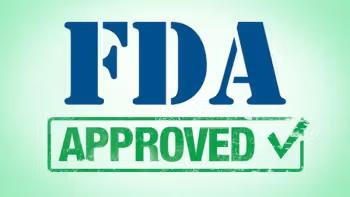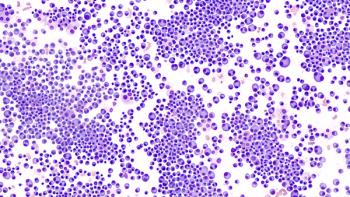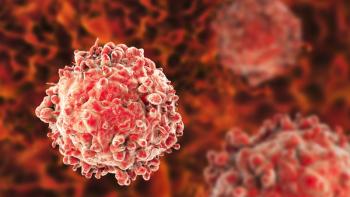
Proposed Bill Could Slash Clinicians' Student Debt
Nurses and other qualified healthcare providers could see their student loans forgiven if the new bill is passed.
A newly proposed bill would get rid of student debt for healthcare workers who are treating patients with the coronavirus disease 2019 (COVID-19). And since patients with cancer may be
New York Congresswoman Carolyn Maloney introduced the
Nurses, doctors, medical residents and interns, medical fellows, home healthcare works, and mental health professionals are all included in the bill, which describes frontline workers as, “certified under federal or state law to provide healthcare services and who provides COVID-related healthcare services.” Coverage also extends to medical or nursing students performing COVID-related services, lab workers, researchers, and emergency medical service workers.
“Frontline health workers are delivering care to the sickest patients and putting their own safety at great risk in order to keep doing their jobs,” said Maloney in a statement. “And in return, I believe that we have an obligation to ensure that they are relieved of the debt they incurred to train for this critical work — in graduate degree programs or other professional certification.”
If passed, the bill would allow qualified individuals to have eligible federal and private loans and interest forgiven. Furthermore, the amount of money given toward the loan would not count as taxable income.
The bill proposed the creation of a 9-member Intergovernmental Working Group to determine who is eligible, and perform the administrative duties of carrying out the loan forgiveness. The group would be comprised of:
- 5 members selected by the Secretary of Health and Human Services, from the Department of Health and Human Services
- 2 members from the Department of Education, selected by the Secretary of Education
- 2 members from the Treasury Department, selected by the Secretary of the Treasury
There are some skeptics when it comes to the bill, as well. Some stating that it does not benefit all frontline healthcare workers, such as those who came out of retirement to help the crisis or were military trained, and therefore have little — if any – student debt. Not to mention, since the bill does not have bipartisan support, its passing may be a longshot.
“Healthcare workers are worrying about their own health and how it will affect their families. They should not have to worry about their financial security after the crisis has passed. That is a burden that we can lift right now. And this bill will do that. It will help take care of the people taking care of all of us,” Maloney said.
Newsletter
Knowledge is power. Don’t miss the most recent breakthroughs in cancer care.
















































































